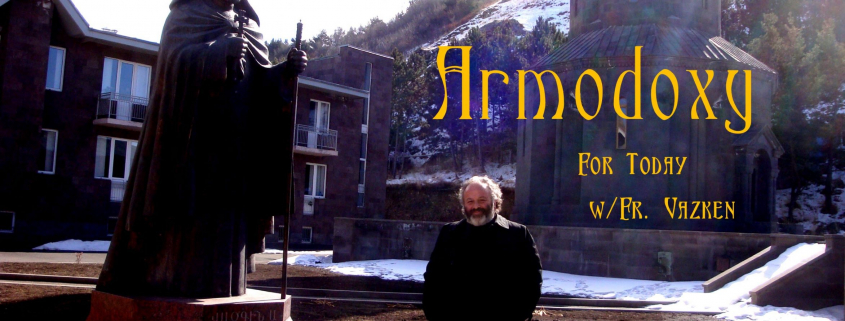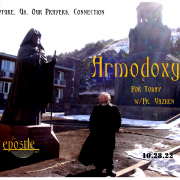Titanic Deck Chairs
In the parable of the Good Samaritan (Luke 10:25–37), we examined the action of the true neighbor. Jesus identified him as a Samaritan, and as we discussed yesterday, accordingly we can (and should) identify similar actors of charity with descriptors that reveal and betray our prejudices.
The Good Samaritan was the one who brought aid to the man who was attacked by the robbers. He went over and above what might be expected. Against this one man who acted, two men did not act. In fact, they walked away, turned away, avoided and the made sure to leave the scene of the incident by crossing to the other side of the road. Jesus was selective in pointing to the man who offered aid as a Samaritan. He was the one no one expected would help. Jesus was equally unexpected in his choice of characters who refused to aid the man who was left for half dead. He selected a priest and a Levite, both religious functionaries in the community. Imagine that, the priest and the Levite were the emissaries of God and they passed by a person in need.
I have heard many interpretations of the reason for their callous drive-by attitude. Some have suggested that they thought the man was in fact dead, and Jewish law forbade priests from interacting with dead bodies. It defiles them. Others, even in the Armenian Orthodox tradition, suggest that the priest and the Levite represented the Law and the Prophets and in turn the Samaritan was symbolic for Christ. That’s nice and fits an attempted model of salvation, but I truly believe Jesus’ intention was to invite us to action. He used these characters intentionally. The priest and the Levite were both well versed in the religion of the day and both proclaimed complete and total love for God. They knew Scriptures better than the majority of the population. They worshipped God in accordance with the mandates put upon them by the law. And yet, in the face of a life-or-death situation, they avoided the obvious.
The words of Jesus, that are the parables he shares, are exact and distinct. Like Occam’s razor, Armodoxy asks us to shave off unlikely explanations and consider the simplest understanding of Jesus’ words, and in this case, He meant that we ought to help those in need, even beyond what is expected, without prejudice, considering all as our neighbor.
An earthquake in Turkey kills 20,000, the one in Armenia killed 50,000, a hurricane in Louisiana kills 50, the war in the Ukraine accounts for 15,000 dead, a gun man unloads rounds in a crowded bar, the militia is taking out the Congolese civilians, a woman is beaten by her husband and a small child struggles against blood disease late night in a Mid-West hospital room. We can come up with hundreds of reasons not to act: citing differences in the color skin, religion, languages, preferences, or origins. Let “their people” take care of them, I have a god who loves me. You might as well rearrange the deck chairs on the Titanic.
In a hurting world, Jesus Christ demands that we see one another as children of the same Father, that is brothers and sisters from the same home.
Let us pray, “Heavenly Father, may the example of the Good Samaritan guide me to do that which is pleasing in Your Sight. Open my eyes and all my senses to see and feel the humanity of every man and woman in this world. Give me the strength to extend myself to the hurting of the world, and see them as you see them, children of God, therefore as my brother and my sister, as my neighbor. Amen”

 2009 Fr. Vazken Movsesian
2009 Fr. Vazken Movsesian 2009 Fr. Vazken Movsesian
2009 Fr. Vazken Movsesian 2017 Fr. Vazken
2017 Fr. Vazken 2015 Fr Vazken
2015 Fr Vazken 2008 Varoujan Movsesian
2008 Varoujan Movsesian



 2009 Fr. Vazken Movsesian
2009 Fr. Vazken Movsesian 2023
2023
Leave a Reply
Want to join the discussion?Feel free to contribute!